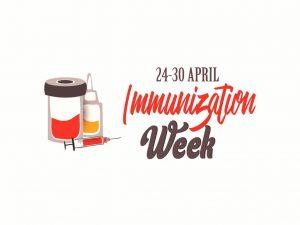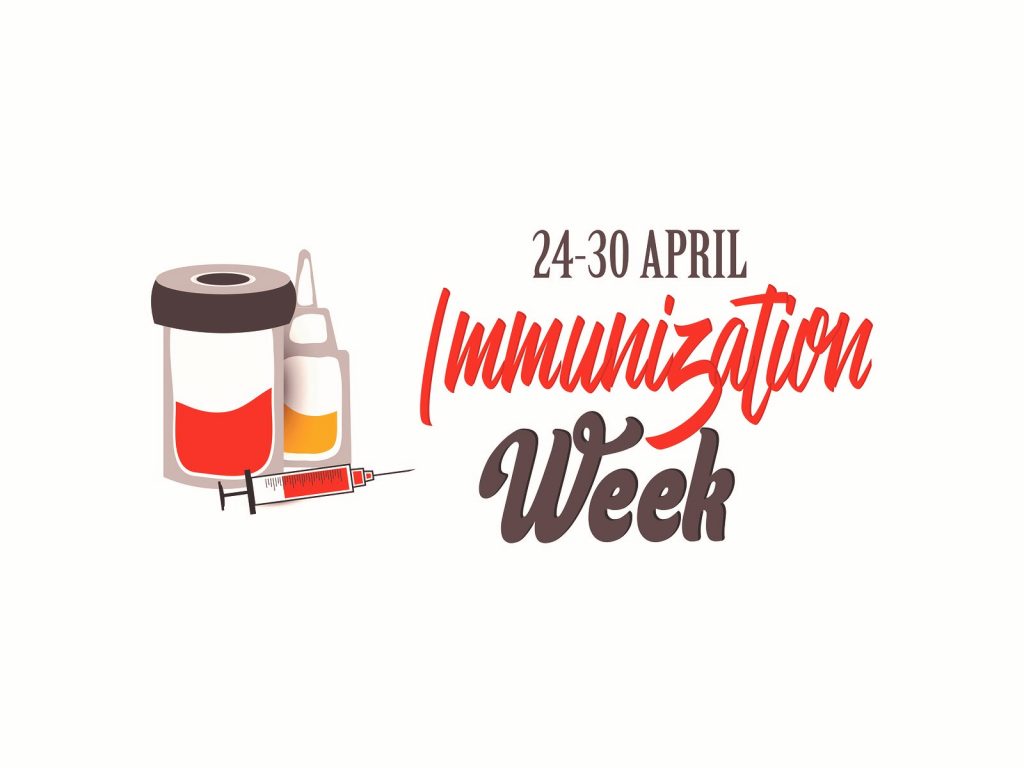
World Immunization Week 2023
World Immunization Week, celebrated in the last week of April, aims to highlight the collective action needed to protect people from vaccine-preventable diseases. The aim of this week is to increase awareness around the benefits of immunization and also to encourage people to get vaccinated. This year the day is observed from April 24th to April 30th and is an important effort to help prevent the spread of deadly diseases around the world.
Buy Prime Test Series for all Banking, SSC, Insurance & other exams
World Immunization Week 2023: Theme
The theme for this year’s World Immunization Week is “The Big Catch-Up” and aims to emphasize the need for countries to accelerate their progress towards ensuring that everyone, particularly children are protected from preventable diseases. The COVID-19 pandemic has disrupted routine immunization services in many countries, causing a decline in immunization coverage and leaving many people vulnerable to vaccine-preventable diseases.
The Big Catch-Up theme aims to highlight the urgent need to catch up on missed vaccinations and to increase access to immunization services, particularly in low- and middle-income countries.
World Immunization Week: Significance
World Immunisation Week is significant as it raises awareness about the importance of vaccination and the role that it plays in protecting individuals and communities from preventable diseases. The week-long campaign highlights the critical need to ensure that people of all ages have access to safe and effective vaccines, regardless of where they live.
Herd immunity is an indirect protection from infectious diseases that occurs when a large percentage of a population becomes immune to the disease through vaccination or previous infection. World Immunisation Week also focuses on this.
Herd immunity makes it difficult for the disease to spread and protects individuals who cannot receive the vaccine, such as those who are immunocompromised or too young to receive it. Herd immunity is an essential factor in preventing the spread of many infectious diseases, including measles, polio, and COVID-19.
World Immunization Week: History
World Immunization Week is an annual event that has been observed every year since 2012. The event is organized by the World Health Organization (WHO) and is aimed at promoting the use of vaccines to protect people of all ages from vaccine-preventable diseases.
The history of World Immunization Week can be traced back to 2002 when the WHO, along with other organizations, launched the Global Immunization Vision and Strategy (GIVS) initiative. The GIVS aimed to increase immunization coverage worldwide and reduce the incidence of vaccine-preventable diseases.
In 2011, the WHO declared the Decade of Vaccines, a global effort to extend the benefits of vaccination to all people, regardless of where they live. As part of this effort, the WHO proposed the creation of a week-long event to raise awareness about the importance of immunization.
The first World Immunization Week was held in April 2012, and since then, it has been observed annually during the last week of April. Each year, the event has a specific theme, and activities are organized around the world to promote the importance of vaccination and increase awareness about vaccine-preventable diseases.



 Indian Olympic Medal Winners List Till N...
Indian Olympic Medal Winners List Till N...
 Who is the Inventor of the Gramophone?
Who is the Inventor of the Gramophone?
 HS Dhaliwal Appointed New DGP Of Andaman...
HS Dhaliwal Appointed New DGP Of Andaman...
